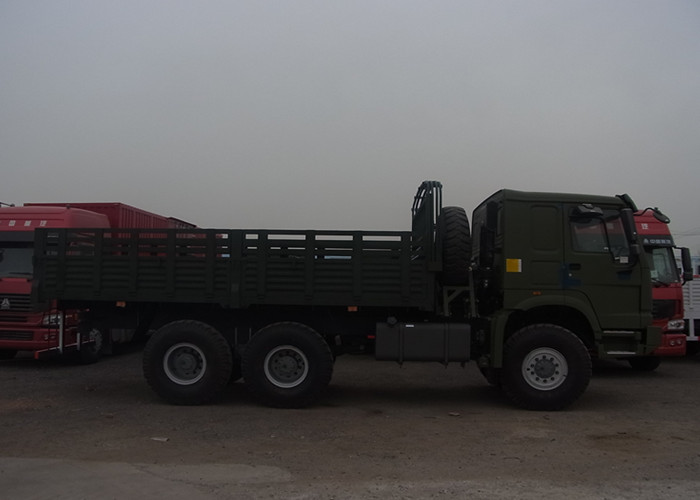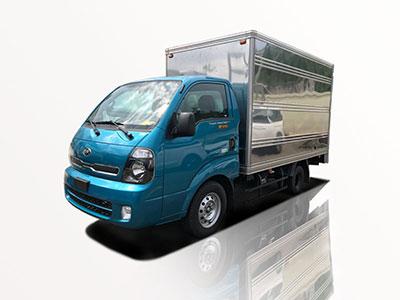Tanker truck fires pose significant risks to public safety, property, and the environment. Understanding the causes and effects of these fires, as well as practical prevention measures, is crucial for individuals, companies, and emergency responders. This comprehensive article will delve into various aspects of tanker truck fires, providing both knowledge and actionable insights.
Understanding Tanker Trucks
Tanker trucks are large vehicles designed to transport liquids, including fuel, chemicals, and other hazardous materials. Their specialized design includes:
- Capacity: Tanker trucks can hold volumes ranging from a few hundred to several thousand gallons.
- Materials: Tanks are often made of steel or aluminum, designed to withstand pressure and prevent leaks.
- Distribution: Tanker trucks play a vital role in supply chains, delivering essential fluids across various industries.
The Importance of Safety Regulations
Due to their cargo, stringent safety regulations exist governing the operation of tanker trucks. These regulations cover aspects such as:
- Driver training and licensing
- Vehicle maintenance and inspections
- Emergency response protocols
Common Causes of Tanker Truck Fires
Understanding the causes of tanker truck fires is vital for prevention and mitigation. The following are common triggers:
1. Mechanical Failures
Mechanical issues, such as brake failures or engine malfunctions, can lead to accidents that ignite fires. Regular maintenance is essential to prevent these failures.
2. Human Error
Driver error, including distracted driving or poor judgment, can greatly increase the risk of a fire. Education and training for drivers can minimize these risks.
3. Fuel Spills
Oil, gasoline, or chemical spills from a breached tank can create highly flammable environments. Proper loading practices and tank integrity checks are critical in preventing spills.
4. External Factors
Environmental conditions like extreme heat or accidents involving other vehicles can ignite tanker fires. Awareness of road conditions and other vehicles can help prevent incidents.
5. Overloading
Exceeding the truck’s weight limit or carrying incompatible materials can result in accidents and fires. Adhering to load guidelines is essential for safe operation.
Case Studies: Notable Tanker Truck Fires
Several high-profile tanker truck fires have highlighted the potential dangers. Here are notable examples:
1. The 2009 San Francisco Fire
A tanker truck carrying gasoline overturned on the San Francisco highway, resulting in an explosion. The fire led to extensive damage to surrounding structures and severe traffic disruptions. This incident emphasizes the importance of road safety.
2. The 2020 Houston Fire
A chemical tanker fire in Houston resulted from a collision with another vehicle. The ensuing blaze threatened nearby residences and required a significant response from local fire services. Efficient emergency response protocols were vital in controlling the situation.
The Risks of Tanker Truck Fires
The consequences of tanker truck fires extend beyond immediate flames and destruction:
1. Human Safety
Injuries or fatalities among drivers, passengers, and emergency responders can occur during such incidents. Ensuring safety training and clear evacuation protocols is critical.
2. Environmental Impact
Spilled fuel or chemicals can contaminate soil and water sources, leading to long-term environmental damage. Immediate action is crucial to mitigate such impacts.
3. Economic Costs
The financial repercussions of tanker truck fires can be staggering, including vehicle replacements, environmental cleanup, and legal liabilities. Insurance coverage is essential for mitigating these costs.
Prevention Strategies
Preventing tanker truck fires requires a multifaceted approach:
1. Regular Maintenance
Routine checks and maintenance of tanker trucks can prevent mechanical failures that lead to fires. Key maintenance tasks include:
- Inspecting brakes and tires
- Checking tank integrity and seals
- Conducting engine diagnostics
2. Driver Training
Providing comprehensive training to drivers can improve safety awareness and reduce human error. Training should include:
- Handling emergencies
- Avoiding distractions
- Proper loading techniques
3. Emergency Preparedness
Preparation for emergencies is essential. This includes:
- Developing response plans
- Conducting drills for drivers and emergency responders
- Equipping vehicles with fire extinguishers and safety gear
4. Use of Technology
Integrating technology into tanker truck operations can enhance safety. Useful technologies include:
- GPS tracking for route optimization
- Cameras for blind spot checks
- Onboard sensors for monitoring tank pressure and conditions
Response Protocols in Case of a Tanker Truck Fire
Understanding how to respond to a tanker truck fire is crucial for safety. Responding to such a situation typically involves the following steps:
1. Evacuation
Establish a safe perimeter to evacuate individuals from the danger zone. The recommended distance may vary based on the cargo being transported.
2. Alert Emergency Services
Immediately contact local emergency services. Provide them with vital information, including:
- Exact location
- Type of cargo
- Extent of fire
3. Protect Valuables
If safe to do so, move valuables and flammable materials away from the fire zone to prevent further damage.
Legal and Regulatory Aspects of Tanker Truck Fire Management
Legal frameworks govern the operations of tanker trucks to ensure the safety of transportation. Key regulations include:
1. Federal Regulations
In the U.S., the Department of Transportation (DOT) sets regulations for the transportation of hazardous materials. These rules dictate:
- Labeling of hazardous materials
- Driver qualifications
- Vehicle requirements
2. Insurance Requirements
Tanker truck operators must meet specific insurance requirements to mitigate financial risks associated with accidents and fires. This includes vehicle insurance and liability coverage.
Frequently Asked Questions
1. What should I do if I encounter a tanker truck fire?
If you see a tanker truck fire, evacuate the area immediately and call emergency services to report the situation.
2. How can companies ensure the safety of their tanker truck operations?
Companies can enhance safety through regular maintenance, driver training, and implementing emergency response plans.
3. Are all tanker truck fires preventable?
While many tanker truck fires can be prevented through caution and good practices, some incidents may occur due to external factors.
4. How does a fire impact the environment?
Fires can lead to hazardous spills that contaminate soil and water, posing long-term environmental risks.
5. What regulations govern tanker truck operations?
Regulations from government agencies, such as the DOT, ensure the safe transport of hazardous materials and include requirements for vehicle operation and driver certifications.
6. Is there specialized training for tanker truck drivers?
Yes, specialized training is available for tanker truck drivers, focusing on handling hazardous materials, emergency response, and safe driving practices.



